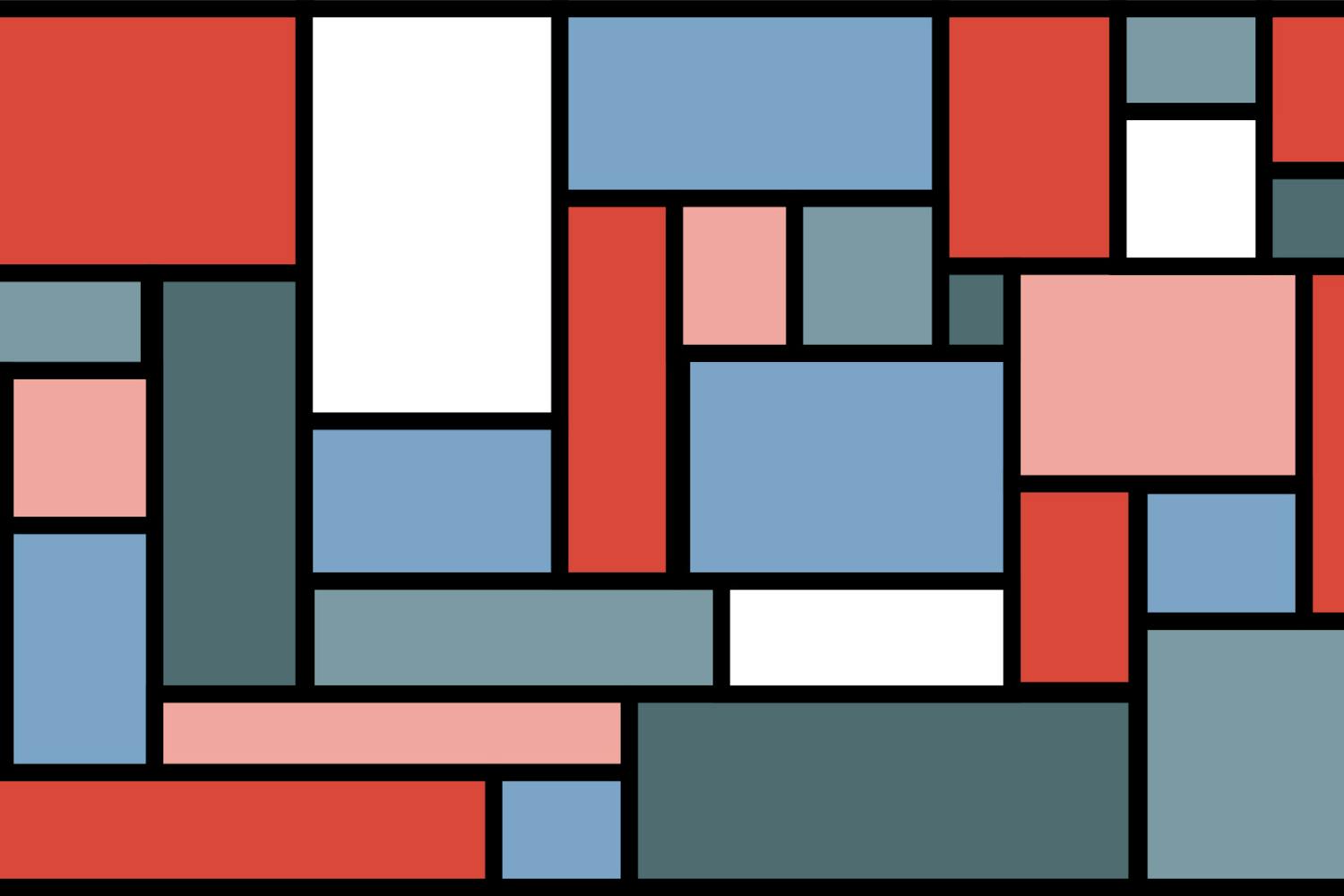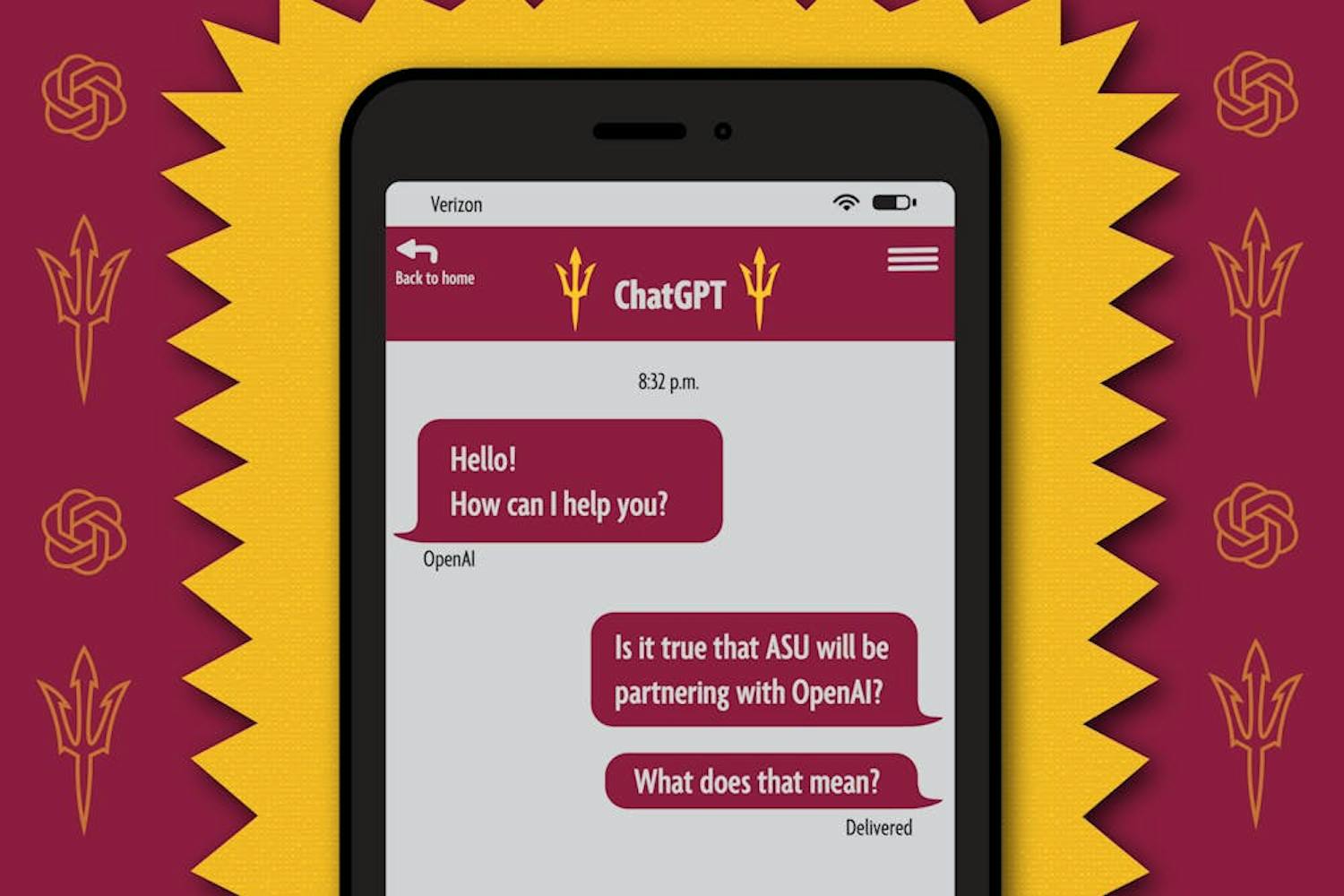Newsweek recently announced that it will move to an all-digital format by 2013, re-igniting the debate between print and digital media. Faced with competition from e-readers, physical bookstores have been fighting to keep their doors open. Kindle vs. Nook vs. physical book is a commonplace discussion.
While publishers navigate the transition, writers are jumping on board with relief. Harper Voyager, Harper Collins’ sci-fi/fantasy section, made the unprecedented move to accept unagented submissions Oct. 1 through 14 for possible e-book publication. The call resulted in 4,563 submissions.
What we’re seeing isn’t the end of journalism or publishing, but the end of an era in the industries. The death of print isn’t a matter of “if,” but “when.” That being the case, businesses should also make it a matter of “sooner” rather than “later.”
It’s no secret that physically printing something is no longer cost-effective, in terms of money and the efficient spread of information. A Facebook post is obsolete within hours; by the time physical papers and magazines roll out, the relevance of a story has long since expired.
Simple romanticization explains the reluctance to forgo print media for the digital variety. My fellow bookworms frequently lament the extinction of print, the loss of that tangible feel and smell. But The Daily Beast’s Andrew Sullivan quotes Alan Jacobs, questioning this “half-conscious feeling that paper and ink are real in ways that pixels and bits are not.” It is, in essence, a mental block, a Luddite remnant locked into the psyche of book-lovers — print is somehow real, digital somehow less so.
The 4,563 writers who contributed to Harper Collins disagree. So does the ever-increasing ranks of bloggers who use social media to spread and discuss information. Digital media breaks down the hierarchy found in print. Sullivan points out that “when we read online, we migrate to read people, not institutions.” The Internet has created more individualized writing and reading, which has been further encouraged by social networks. Maybe that makes us more self-centric, but it can also make us more personally interactive with information.
Anne Helen Petersen, a Whitman College media studies professor, argues that academia should start using the web not only to make ideas accessible, but also to start conversations, particularly in the comment sections. “Otherwise, you’re essentially suggesting that your thoughts should exist in a vacuum, with you congratulating yourself on how awesome they are,” Petersen said.
Institutions — academic journals, newspapers, publishers — should be forming communities, not intellectual cliques that are out of reach for readers and writers. Digital media breaks down the barrier between the so-called academically elite and other readers of published material.
Perhaps the real fear is losing the hierarchy within academia and intellectual elitists. Print media relies on romanticization and middlemen. As writers head to Amazon e-books or blogs to self-publish their manuscripts and ideas, which fosters personal conversations with readers and creates new communities of individuals, news organizations and publishing companies face the difficult task of reorganizing their basic thinking about what lies at the center of media — people longing for knowledge.
Newsweek and Harper Voyager made savvy business decisions this month. Reorganizing the hierarchy won’t kill the business; it will rejuvenate it. In the future, our interaction with information should not rely on names, but on ideas, which do not need the tangible feel of paper to be any more real or powerful.
Want to join the conversation? Send an email to opiniondesk.statepress@gmail.com. Keep letters under 300 words and be sure to include your university affiliation. Anonymity will not be granted.



